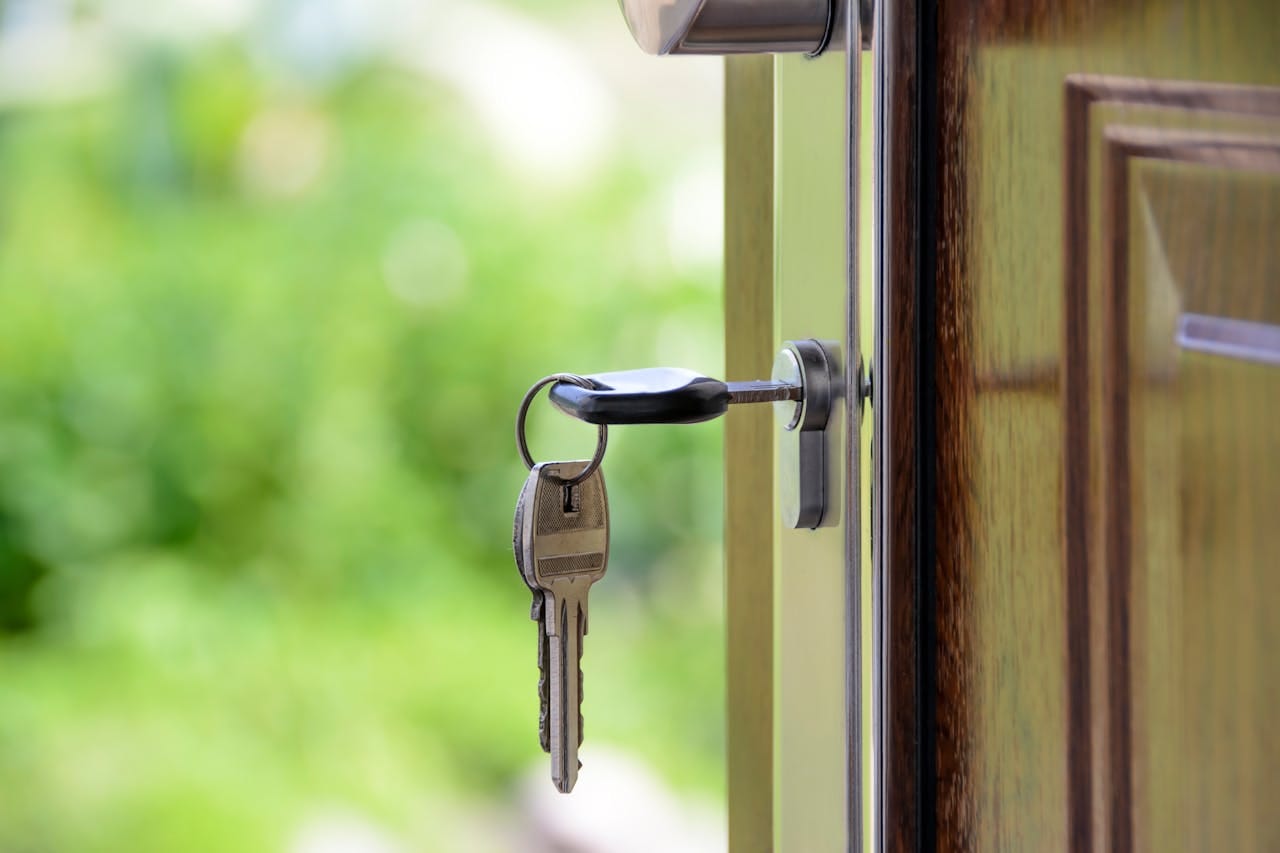Home security is a top priority for homeowners, and understanding the basics is the first step toward protecting your property and loved ones. Effective home security involves a mix of physical barriers, technology, and smart practices that deter potential intruders and provide peace of mind. By implementing these strategies, you can significantly reduce the likelihood of break-ins and ensure your home is a safe haven.
Why Is Home Security Important?
Every homeowner wants to feel safe, and a secure home provides not only protection from theft but also reassurance for your family. According to the FBI’s Uniform Crime Reporting, burglaries occur in the U.S. approximately every 30 seconds. While this statistic may seem alarming, many of these incidents are preventable with proper security measures. Home security isn’t just about locks and alarms—it’s a comprehensive approach to making your property less appealing to criminals.
Key Components of Home Security
1. Secure Doors and Windows
Doors and windows are the most common entry points for burglars. Start by ensuring that:
- All exterior doors are solid and equipped with deadbolt locks.
- Windows have sturdy locks, and for sliding windows, consider adding security bars.
- Smart locks or reinforced hardware can add an extra layer of protection.
Additionally, install peepholes or video doorbells to see who’s at your door before opening it. Modern smart doorbells, such as the Ring Video Doorbell, provide real-time video feeds and alerts to your smartphone.
2. Invest in a Home Security System
A reliable home security system is one of the most effective deterrents against crime. Security systems can include:
- Alarms triggered by unauthorized entry.
- Cameras for monitoring and recording activity.
- Motion detectors for alerting suspicious movements.
Many systems now offer smart integrations, allowing you to control cameras, lights, and alarms remotely through your smartphone.
3. Proper Lighting
Adequate lighting is essential for deterring intruders. Install motion-activated lights around your property, especially near entry points, garages, and driveways. Well-lit areas make it harder for criminals to approach undetected.
4. Maintain Your Property
Appearances matter when it comes to home security. Overgrown shrubs and neglected yards can signal that a home is unoccupied or poorly managed. Keep bushes trimmed to eliminate hiding spots near windows and doors. A tidy property projects vigilance and deters criminals who prefer easy targets.
5. Neighborhood Watch and Community Awareness
An active neighborhood watch program is a valuable layer of protection. Communities that work together to spot and report suspicious activity can significantly reduce crime rates. Additionally, fostering good relationships with neighbors ensures someone will keep an eye on your property while you’re away.
Advanced Security Measures
Smart Home Technology
Smart home technology has revolutionized home security. Devices like smart locks, cameras, and motion sensors can be integrated into comprehensive systems that provide real-time updates and allow remote monitoring. Features such as geofencing can automatically arm or disarm systems based on your location.
Secure Wi-Fi Networks
With smart technology comes the need for robust cybersecurity. Protect your home network by using strong passwords, enabling two-factor authentication, and ensuring your router firmware is up to date. Cybersecurity for smart devices is as crucial as physical locks on your doors.
Common Home Security Mistakes to Avoid
- Leaving Spare Keys in Obvious Places: Hide-a-key rocks and under-the-mat storage are easily discovered by intruders.
- Neglecting Maintenance: Broken locks, outdated systems, and non-functional cameras create vulnerabilities.
- Announcing Travel Plans: Avoid posting vacation updates on social media until you’ve returned home.
- Skipping Alarm System Signage: Even if you don’t have an alarm system, signs and decals can deter would-be intruders.
What Every Homeowner Should Consider
When planning your home security, consider the following:
- Your Budget: High-tech solutions can be costly, but there are affordable DIY options like basic alarm systems and video doorbells.
- Your Home’s Layout: Tailor your security measures to fit your home’s design and specific vulnerabilities.
- Your Daily Routine: Automated security systems can adapt to your schedule, providing convenience and protection.
Conclusion
Home security starts with awareness and is strengthened by proactive measures. From securing entry points to leveraging smart technology, homeowners have more tools than ever to protect their properties. By following these basics and avoiding common mistakes, you can enjoy peace of mind knowing your home and loved ones are safe.

